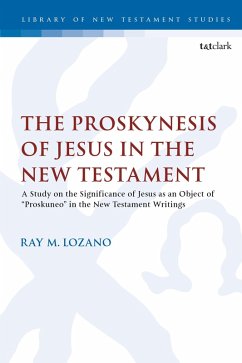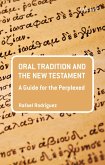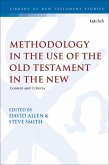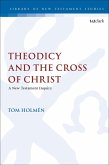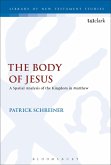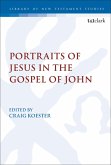This book investigates the use of the Greek term "proskuneo" with Jesus as the object in the New Testament writings. Ray M. Lozano unpicks this interesting term and examines its capacity to express various degrees of reverence directed toward a superior: from a respectful greeting of an elder, to homage paid to a king, to cultic worship paid to a god.
Lozano then looks at the term in reference to Jesus in the New Testament writings, and carefully considers whether Jesus is portrayed as receiving such reverence in a relatively weak sense, as a merely human figure, or in a relatively strong sense, as a divine figure. Lozano highlights how scholars are divided over this issue and provides a fresh, thorough examination of the New Testament material (Mark, Matthew, Luke-Acts, John, Hebrews, and Revelation) and, in so doing shows, that each of these New Testament writings, in their own unique ways, presents Jesus as a divine figure-uniquely and closely linked to the God of Israel in making him an object of "proskuneo."
Lozano then looks at the term in reference to Jesus in the New Testament writings, and carefully considers whether Jesus is portrayed as receiving such reverence in a relatively weak sense, as a merely human figure, or in a relatively strong sense, as a divine figure. Lozano highlights how scholars are divided over this issue and provides a fresh, thorough examination of the New Testament material (Mark, Matthew, Luke-Acts, John, Hebrews, and Revelation) and, in so doing shows, that each of these New Testament writings, in their own unique ways, presents Jesus as a divine figure-uniquely and closely linked to the God of Israel in making him an object of "proskuneo."

